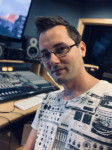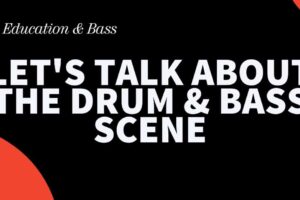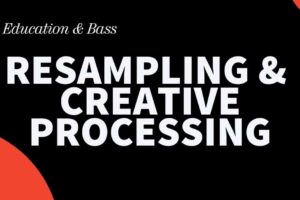RSL Grade 5
RSL Grade 5
Topics Covered: Physical Formats, Networks, Recording in a Studio, Understanding MIDI, MIDI Controllers, Acoustics, Chords.
Genres: Jazz, Hip Hop
Theory (25% of overall grade)
At Grade 5 the theory content covered will include subject areas such as signal routing, the Compact Disc format, patch bays, networking, file sharing, ambient microphone technique, multitrack recording, MIDI controllers, PCM theory and constructive interference.
At Grade 5 candidates will be expected to:
- Outline functions of studio equipment, to include routing, buses, auxiliaries, inserts, patchbays
- Outline the Compact Disc format and its associated standards, to include bit depth, sample rate, history, data and audio capacities
- Outline studio connectivity in the studio, including the function of the patchbay, normalisation, open / closed connections and hard wiring
- Outline computer networking technology, including LAN, WAN, Ethernet, network standards, Wifi standards
- Outline routing techniques within a Digital Audio Workstation
- Outline multi-microphone techniques, such as recording kick drums, snares, tom toms, hi-hats, overheads and ambience
- Outline multitrack recording, its advantages, disadvantages, history and limitations
- Outline MIDI technologies, including controller keyboards, MIDI pickups, electronic drum triggers
Listening Test (15% of overall grade)
The listening test will present candidates with questions relating to sonic fidelity, music theory and harmony and stylistic awareness. Audio files will be presented to the candidates and questions will relate specifically to the relevant audio file. This will assess the candidate’s ability to hear and interpret:
Sonic Fidelity
Identifying resonant frequencies.
Music Theory & Harmony
Identifying seventh chords and swung rhythms.
Stylistic Awareness
Identifying specific genres.
At Grade 5 candidates will be expected to:
- Identify the frequency range that has been boosted in a provided recording
- Identify the frequency range that has been boosted in a provided mix
- Identify the frequency range of a sine wav
- Identify maj7, dom7 and min7 chords
- Identify swung rhythms in 4/4
- Identify common Western music genres from a choice of two: jazz and hip-hop
Practical Assessment (60% of overall grade)
The Coursework Task combines:
Technical Skills
At Grade 5 the technical skills will centre around session management and organisation such as creating, naming and colour coding tracks, creating markers, session file management.
Coursework Task
The candidate will be presented with a situation and must choose and implement appropriate technique to resolve the scenario. At Grade 5 the scenario will require candidates to add musical layers to material using software instruments. Candidates are encouraged to practice listening to and duplicating melodies.
Candidates must complete the Coursework Task before their exam and will be asked to upload the Task and the screen shots specified in the Coursework Task, during the exam. The completed session files must be appropriately named, saved and shared with your examiner as instructed, including all associated audio files. It is vital that candidates are able to accurately save their work as failure to do so will result in an unclassified mark.
Candidates will need to answer questions regarding the Task during the exam. These will focus on:
- The skills used to complete the Task
- How candidates approached the professional nature of the Task
- How candidates interpreted the creative elements




